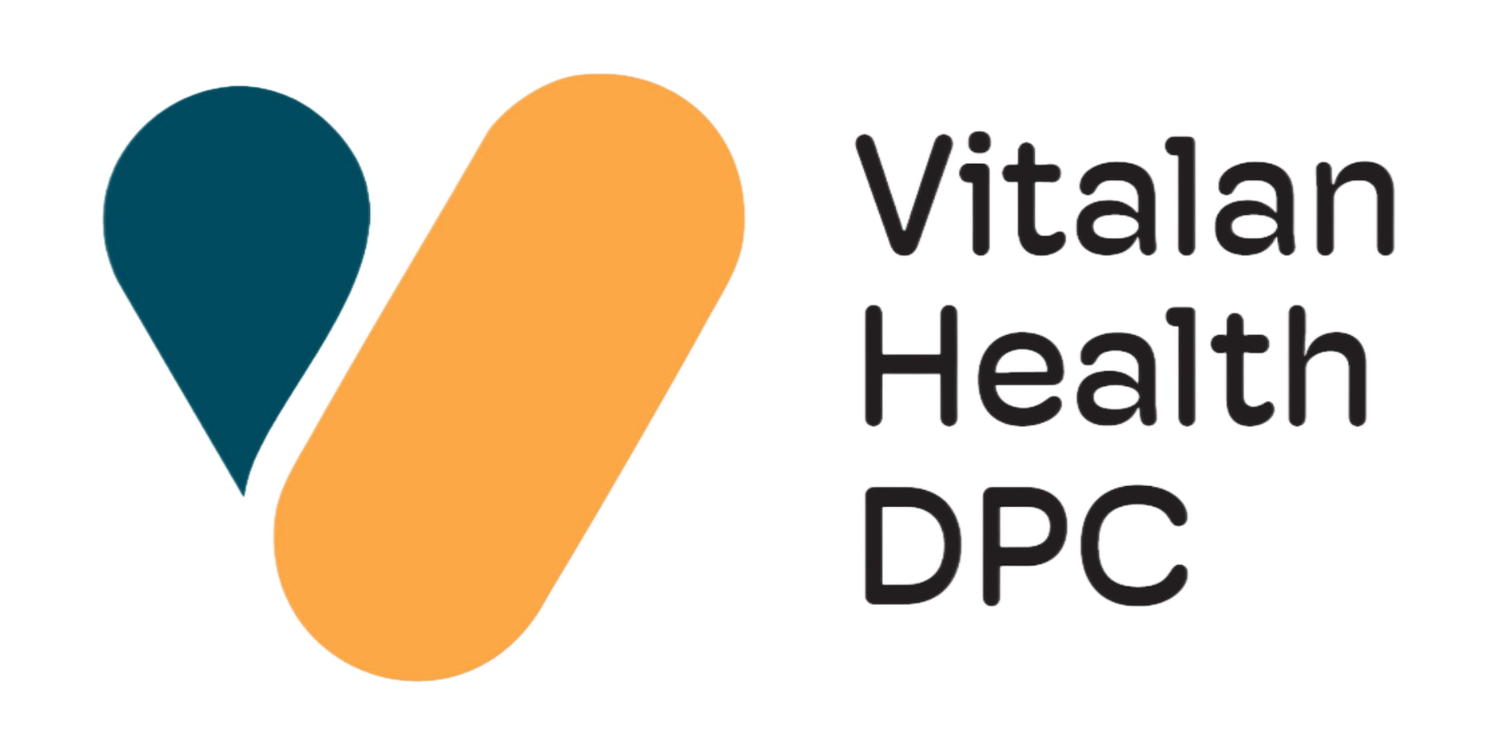
Frequently asked questions.
What is the benefit of DPC?
DPC offers more time with your doctor, easier access, and clear, affordable pricing—all without the hassle of insurance. For a simple monthly fee, you get longer visits, same-day or next-day appointments, and direct communication with your physician. It’s personalized care focused on you, with an emphasis on prevention, convenience, and lasting health.
Do I still need health insurance?
Yes. While DPC covers primary care, you should still have insurance (or a health-sharing plan) for emergencies, hospitalizations, and specialty care.
Can I use my HSA or FSA to pay for DPC?
It depends. Currently, HSA funds generally can’t be used for DPC membership fees due to IRS rules, and FSA use may be allowed for certain services, depending on your plan.
Good news: Starting in 2026, new legislation will allow HSA funds to be used for DPC, making it easier to use tax-advantaged dollars for your care. In the meantime, check with your HSA/FSA administrator or tax advisor to confirm what’s allowed.
What if I need to see a specialist or go to the hospital?
Dr. Tony can coordinate referrals and help navigate your care, but specialist visits and hospital services are billed separately and may be covered by insurance.
What if I’m healthy and rarely go to the doctor?
Vitalan Health DPC emphasizes prevention and building a strong relationship with your doctor. Even healthy patients benefit from accessible, proactive care and peace of mind.
What is the difference between DPC and Concierge Medicine?
Direct Primary Care (DPC) and concierge medicine both offer personalized care and better access to your doctor, but they differ in cost and structure. DPC typically charges a low monthly fee and doesn’t bill insurance, making it more affordable and accessible. Concierge practices usually charge a higher annual fee and still bill insurance for visits. While both focus on stronger doctor-patient relationships, DPC aims to simplify care and reduce costs by cutting out insurance entirely.
Where did the name “Vitalan” come from?
The name Vitalan is derived from the Latin word “vita,” which means “life.” Rooted in this origin, Vitalan reflects a focus on health, vitality, and whole-person care—core values at the heart of our practice.
In addition, “Vitalan” is a Croatian word which means “vital” or “full of life.” This shared meaning across languages reinforces the idea of well-being, strength, and living fully—ideals that shape our approach to care every day.
